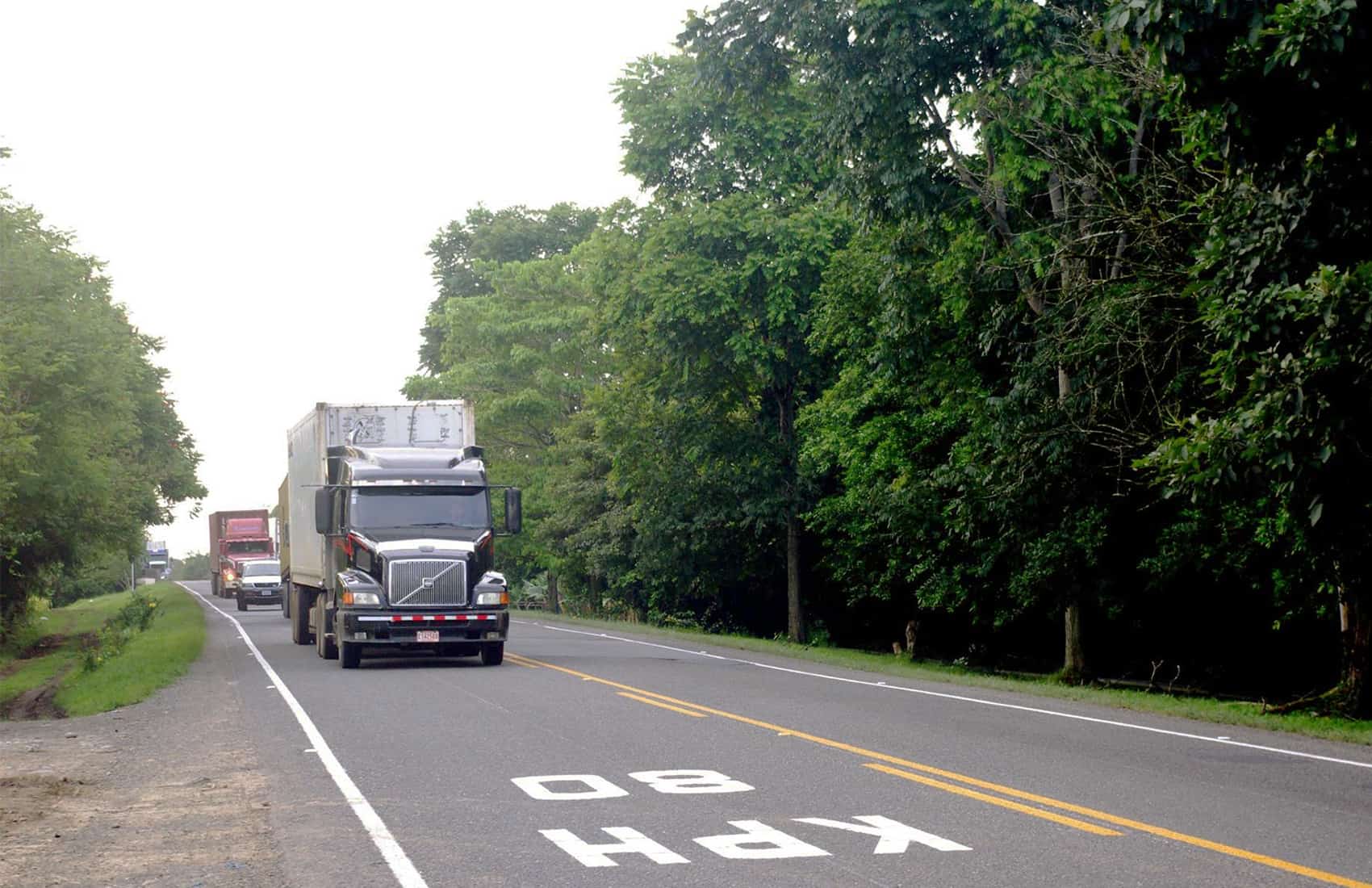The Environment Ministry’s National Technical Secretariat (SETENA) has cleared the way for the expansion of Route 32, the main highway connecting Costa Rica’s Central Valley to the Caribbean province of Limón.
President Luis Guillermo Solís confirmed the approval in a news release and through messages on his social media profiles.
“I have great news for the country: SETENA has granted environmental permits for Route 32,” Solís said.
SETENA’s permit allows the Public Works and Transport Ministry (MOPT) to move forward with the authorization for China Harbor Engineering Company (CHEC), the private contractor in charge of the project.
The Comptroller General’s Office approved the $495 million contract in April. According to the project’s timetable, construction will begin during the second half of 2017.
Project details
The project is key for Limón residents, the tourism sector and for the operation of the new Moín Cargo Terminal, currently under construction and scheduled for completion in January 2018. It involves the expansion from two to four lanes of a 107-kilometer stretch of Route 32, between Río Frío and downtown Limón.
It also includes the construction of 26 kilometers of bike paths, 26 kilometers of secondary routes and five intersections: one each at Río Frío, Guápiles and Siquirres, and two connecting to the Moín cargo dock.
Construction is expected to take 42 months, eight for design and 34 for construction. The Chinese government will fund $395 million and Costa Rica will add $100.5 million. The approved contract stipulates that CHEC will be responsible for both the design and the construction stages of the expansion.
Costa Rica will be in charge of outlining all supervising mechanisms for the project.
According to data from the Costa Rican Chamber of Exporters, 80 percent of the country’s exports leave the country through Caribbean ports. MOPT data state that an average of 14,000 vehicles transit the route every day, many of them cargo trucks carrying export and import products, but also a large number of tourists.
Casa Presidencial reported in a news release that CHEC representatives and officials from the Chinese Embassy in San José met in August with government officials and confirmed their willingness to begin work as soon as SETENA granted the environmental permit.






